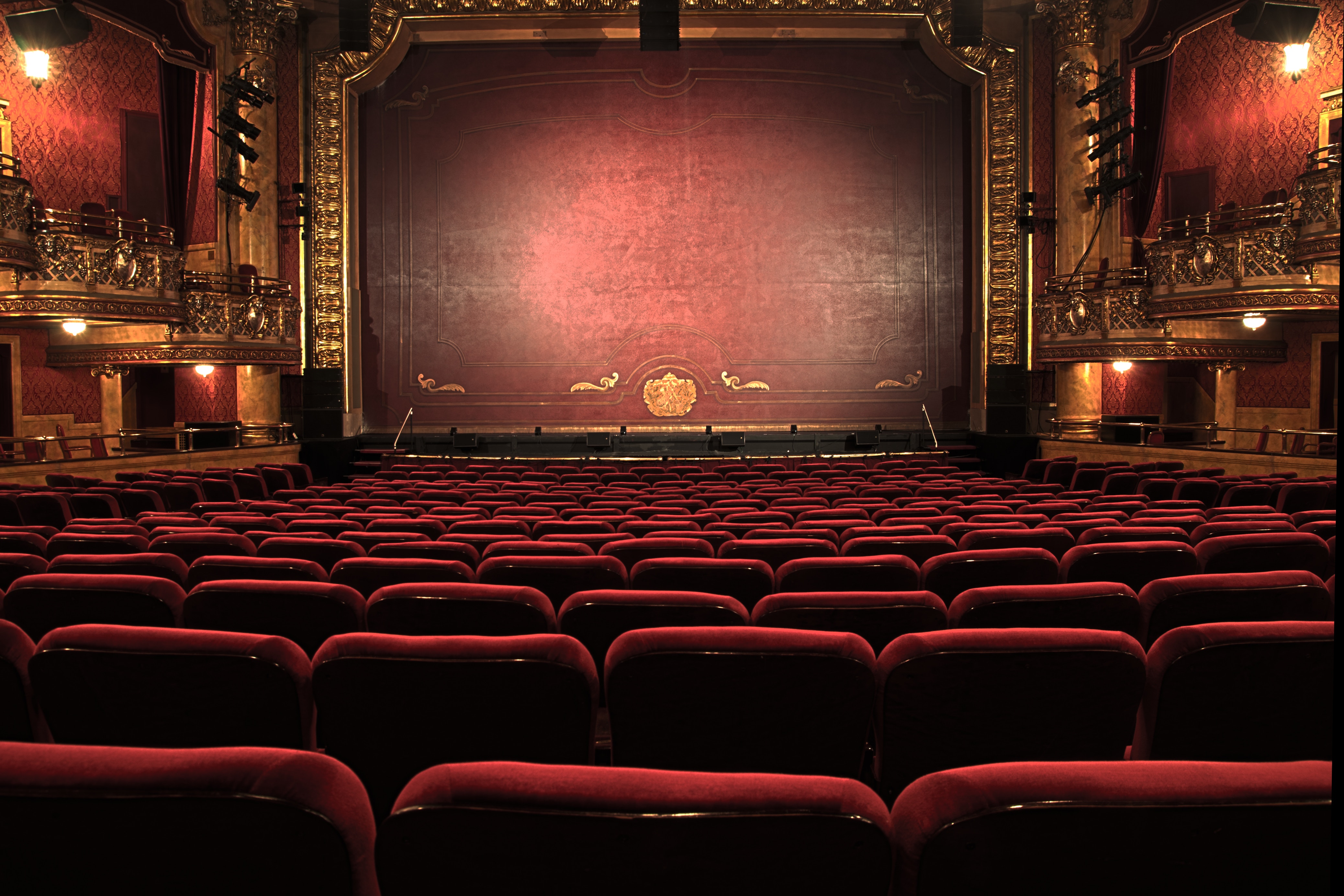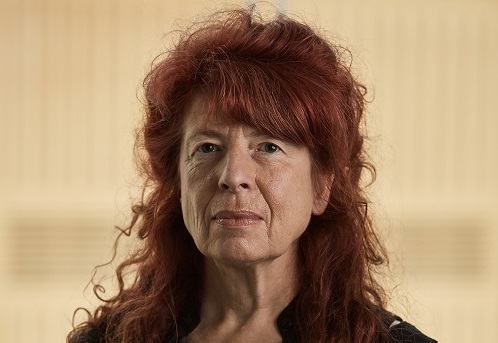News | Monday, 15th January 2018
New project aims to end inequality in arts participation
Research to help arts organisations engage marginalised groups

A new project aims to end the inequality in arts participation in England and Wales by helping artists and organisations engage marginalised groups.
Researchers at Manchester Metropolitan University are working with Manchester-based mental health charity 42nd Street, Arts Council for England, and arts institutions across the UK to develop a network that will explore what can be done to widen participation in arts.
Project lead Professor Gabrielle Ivinson, Professor of Education and Community at Manchester Metropolitan University, said: “Introducing the Arts and increasing the availability of arts-based activities can play a positive role for young people, especially marginalised youth who live in poverty and are at risk of social isolation, substance misuse, self-harm and civic disengagement.
“While enormous strides have been taken towards making arts institutions accessible and welcoming to a more diverse range of people, there are still considerable challenges in widening access to some marginalised groups. That is why this project is so important.”
Inclusion agendas
Despite inclusion agendas, arts employees from publicly funded theatres, museums, galleries and art centres have revealed considerable concern about the uneven social participation in the Arts.
As part of the £24,203 project, arts employees will come together with academics and practitioners from the fields of community and youth work to critically debate issues such as participation, democracy, enterprise, trust, street work and festivals.
The network will meet in a series of BarCamp meetings throughout the year in Manchester, London, Bradford, Brighton and Cardiff.

Professor Ivinson said: “The perspectives to understand the complex problem of persistent inequality in arts participation requires both critical debate and the inclusion of multiple viewpoints.
The power of art to transform lives
“It’s important to ask the question: Why, given that participation in Arts is a major focus in inclusion agendas, do these often play out in practice, unintentionally, in exclusionary ways?”
Driven by a belief in ‘the power of art to transform lives’, the network will provide guidance to public arts organisations and artists on how to adapt, and access and engage marginal groups in meaningful ways.
Professor Ivinson added: “When it is complete, the project will address the need to prepare the future workforce, by suggesting how groups who do not usually consider employment in the arts sectors may be supported to consider future careers in the Arts and as entrepreneurs creating a more democratic, participatory society.
“The project is important not just for academics and arts organisations– it will help policy-makers, governments at local, regional, devolved and national levels, and most importantly individuals who are at risk.”




